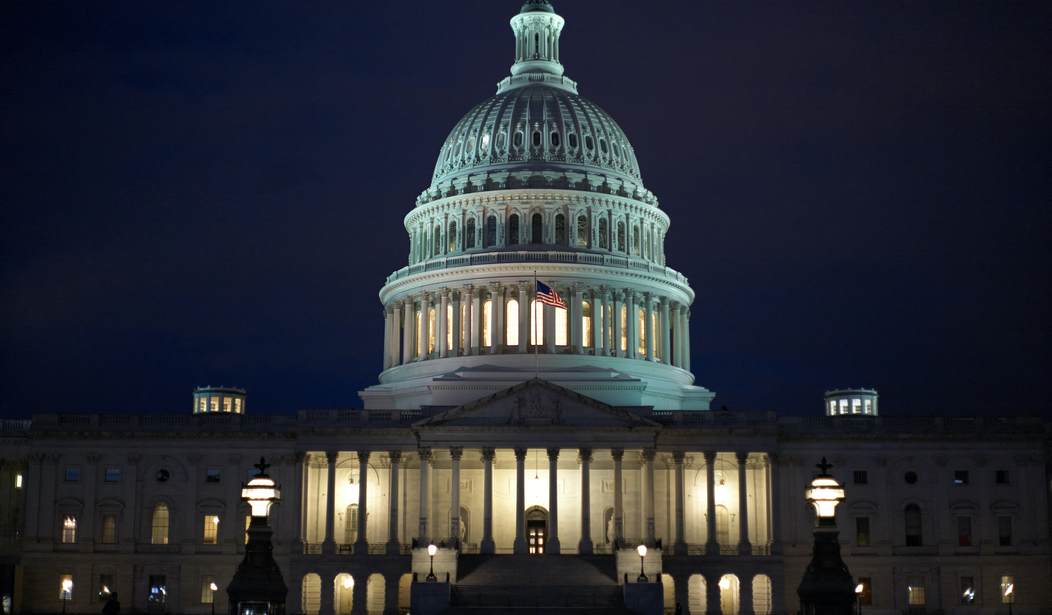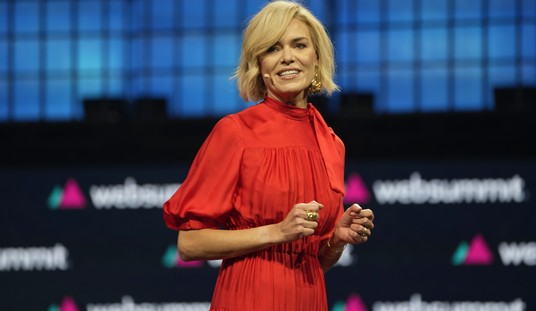A new Washington, D.C.-based museum honoring the 100 million plus victims of global communism opens later this month.
Originally slated to open in 2021, the Victims of Communism Museum will welcome visitors starting June 13th, 2022. It’s managed by the Victims of Communism Memorial Foundation—an organization established in 1993 by a “unanimous Act of Congress signed as Public Law 103-199 by President William J. Clinton on December 17, 1993.”
This museum will educate visitors about the atrocities committed under communist regimes and discuss its global reach under totalitarian governments today.
I had the opportunity to preview the new attraction with other media members yesterday afternoon. Here’s what I learned.
What to Expect When Visiting
Finding the museum won’t be difficult for visitors given its convenient location near McPherson Square in downtown Washington. It’s easily accessible by Metro or car and is mere blocks from the White House.
The venue occupies 9,492 square feet across two floors. But don’t let the size deceive you. The exhibits will absolutely leave an indelible mark.
Guests will have the opportunity to explore three galleries guiding them through the history of communism.
The first gallery documents the rise of communism under Vladimir I. Lenin and his bloody Bolshevik Revolution in 1917 to the formation of the Communist International, or Comintern, which exported “the revolution” globally.
Ambassador Andrew Bremberg, current President and CEO of VOC Memorial Foundation, described it as providing “a historical context of the origins of communism, starting with the Communist Manifesto and Lenin and Lenin's rise to power—importantly, Lenin’s terror and what is taking place as he takes over Russia.”
In the second of three galleries, visitors will learn about communism’s reign of terror taking hold internationally following Lenin’s death.
Recommended
Dr. Elizabeth Spalding, VOC Memorial Foundation Vice Chairman and museum founding director, noted this section is for “visitors to understand that it's about individuals, not just about whole entire countries or millions of people.”
I noticed panels highlighting the victims of the Katyn Massacre and Holodomor genocide, among several atrocities profiled. Victims from beyond Europe were prominently featured, too.
In the third gallery, guests will discover how resistance movements took hold in Asia, Europe, and South America.
Dr. Lee Edwards, VOC co-founder and Heritage Foundation distinguished fellow, remarked the rise of communist China “has helped us to realize what we hope to do [with the museum], which is to call attention to the people exactly what communism was all about.”
An interactive feature called “Conditions Under Communism” lets guests test their knowledge about the grim realities befalling these nations.
Afterwards, we headed up to the second floor to a room dedicated to rotating temporary exhibits. The current exhibit highlights the 1989 Tiananmen Square Massacre.
Curators explained this space will host an upcoming feature on Cuba and other nations every six months.
Our final stop on the media tour was meeting participants of Victims of Communism’s Witness Project, the organization’s award-winning video series, in the adjacent conference room.
There I met Merita McCormack, originally from communist Albania, who is grateful to VOC for keeping her and her family’s stories alive.
“There's many folds of importance here,” she told me. “First of all, you tell the story— tell a true story— which is not been even told in our own countries. Second, it's healing. It's very therapeutic for those who have gone into seeing that somebody cares and tells the stories. And the third is, I think most important, and this is kind of got me into getting involved with this, is that our children that are Americans know what happens. And it [communism] doesn't happen here.”
“In order for the future to be safe of certain dangers, we have to tell the stories of what happened. We don't want that repeated,” she added.
Having an Impact Beyond the Museum
The museum’s opening coincides with a push, largely by Republican lawmakers, to make education about communism’s crimes on par with education about Nazi Germany’s horrors.
Several states have designated November 7th “Victims of Communism” Day. Last June, Florida adopted updated educational standards to teach kids the truth about collectivist regimes. The Arizona legislature is also weighing a related bill. And Dr. Edwards mentioned to our group the Virginia General Assembly may soon consider legislation.
In December, Congresswoman Maria Elvira Salazar (R-FL) introduced H.R. 6123, or the Crucial Communism Teaching (CCT) Act. This bill, if passed, would direct “the Victims of Communism Memorial Foundation to develop a civic education curriculum and oral history resources for high school students to promote understanding of certain political ideologies (e.g., communism and totalitarianism) that conflict with principles of U.S. democracy.”
As a daughter of immigrants who fled Soviet-occupied Lithuania, I’m confident the museum can educate Americans about communism’s true nature and help open their eyes to its deadly legacy.
The Victims of Communism Museum is located near the McPherson Metro Stop at 900 15th St NW in Washington, D.C. Learn more about the museum at www.victimsofcommunism.org.

























Join the conversation as a VIP Member